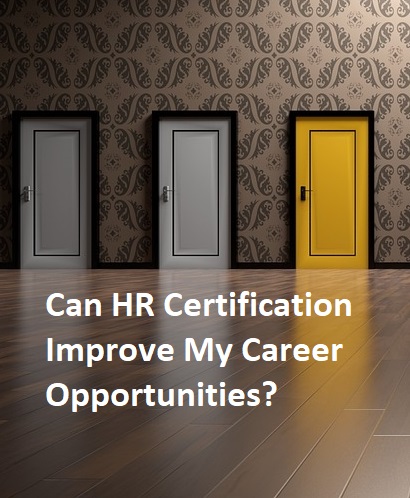Today I’m going to talk openly and honestly about SHRM, HRCI, and things that matter to today’s HR professionals. I have my SHRM-SCP and my SPHR, and I expect to keep them both for the foreseeable future. I think both have merit as of today (February 2018). But maybe that is going to change…
Newsflash: if you get certified as an HR professional, you need recertification (or “recert”) credits to keep your certification (unless you want to take the test again every three years!) As a chapter leader AND a speaker, I see the other side of the equation that most HR practitioners do not. I have to submit my content for credits, and I also have to work with my chapter to submit our content as well to get the appropriate credits.
 Over the years, HRCI has become increasingly stubborn and challenging about awarding SPHR-required business credits for sessions. After several failed attempts in 2016 to get credits awarded for our chapter (for sessions like “building a strategic hiring plan for your organization” and “evaluating the ROI of training initiatives,” we actually ran into an even BIGGER problem. We received business credits, promoted it with business credits to our members, and then HRCI changed their mind after the session was over and our attendees were stuck with general credits, despite paying an extra fee for a business-credit session. Madness, right?
Over the years, HRCI has become increasingly stubborn and challenging about awarding SPHR-required business credits for sessions. After several failed attempts in 2016 to get credits awarded for our chapter (for sessions like “building a strategic hiring plan for your organization” and “evaluating the ROI of training initiatives,” we actually ran into an even BIGGER problem. We received business credits, promoted it with business credits to our members, and then HRCI changed their mind after the session was over and our attendees were stuck with general credits, despite paying an extra fee for a business-credit session. Madness, right?
I finally came away with this conclusion: if you want to get business credits, you have to attend a session that has 0% HR content. Take a marketing class. Go to a statistics program. Just don’t do anything that mentions HR in the title or the session abstract and you’re fine. Continue reading


 In today’s conversation, I speak with George LaRocque, founder of HRWINS and co-moderator of Talent Product Plays, a Facebook group targeting users, sellers, and analysts in the talent technology space. We walk through some of the top ways that vendors can improve their demos as well as some key lessons for buyers and HR practitioners on how to evaluate and select their technologies. This time of year many companies are re-evaluating their approach to HR technology, and this conversation could influence how your own organization either succeeds or fails at finding the right software to enable your business to succeed.
In today’s conversation, I speak with George LaRocque, founder of HRWINS and co-moderator of Talent Product Plays, a Facebook group targeting users, sellers, and analysts in the talent technology space. We walk through some of the top ways that vendors can improve their demos as well as some key lessons for buyers and HR practitioners on how to evaluate and select their technologies. This time of year many companies are re-evaluating their approach to HR technology, and this conversation could influence how your own organization either succeeds or fails at finding the right software to enable your business to succeed.



 For most employers, this means that retention is going to be more important this year than ever before, and this is especially true for employers where turnover in customer-facing roles leads to critical gaps in coverage, performance, and service. We need to be asking ourselves how we can treat the people we hire in such a way that we actually improve their lives. It’s about more than just offering them a paycheck in so many ways.
For most employers, this means that retention is going to be more important this year than ever before, and this is especially true for employers where turnover in customer-facing roles leads to critical gaps in coverage, performance, and service. We need to be asking ourselves how we can treat the people we hire in such a way that we actually improve their lives. It’s about more than just offering them a paycheck in so many ways.
 The onboarding process can be one of the most overlooked areas for organizations needing a quick win in the overall
The onboarding process can be one of the most overlooked areas for organizations needing a quick win in the overall  HR certification questions are often seen as pretty binary: either I get one or I don’t. But in reality there’s a lot of nuance to the decision. Should I get an
HR certification questions are often seen as pretty binary: either I get one or I don’t. But in reality there’s a lot of nuance to the decision. Should I get an